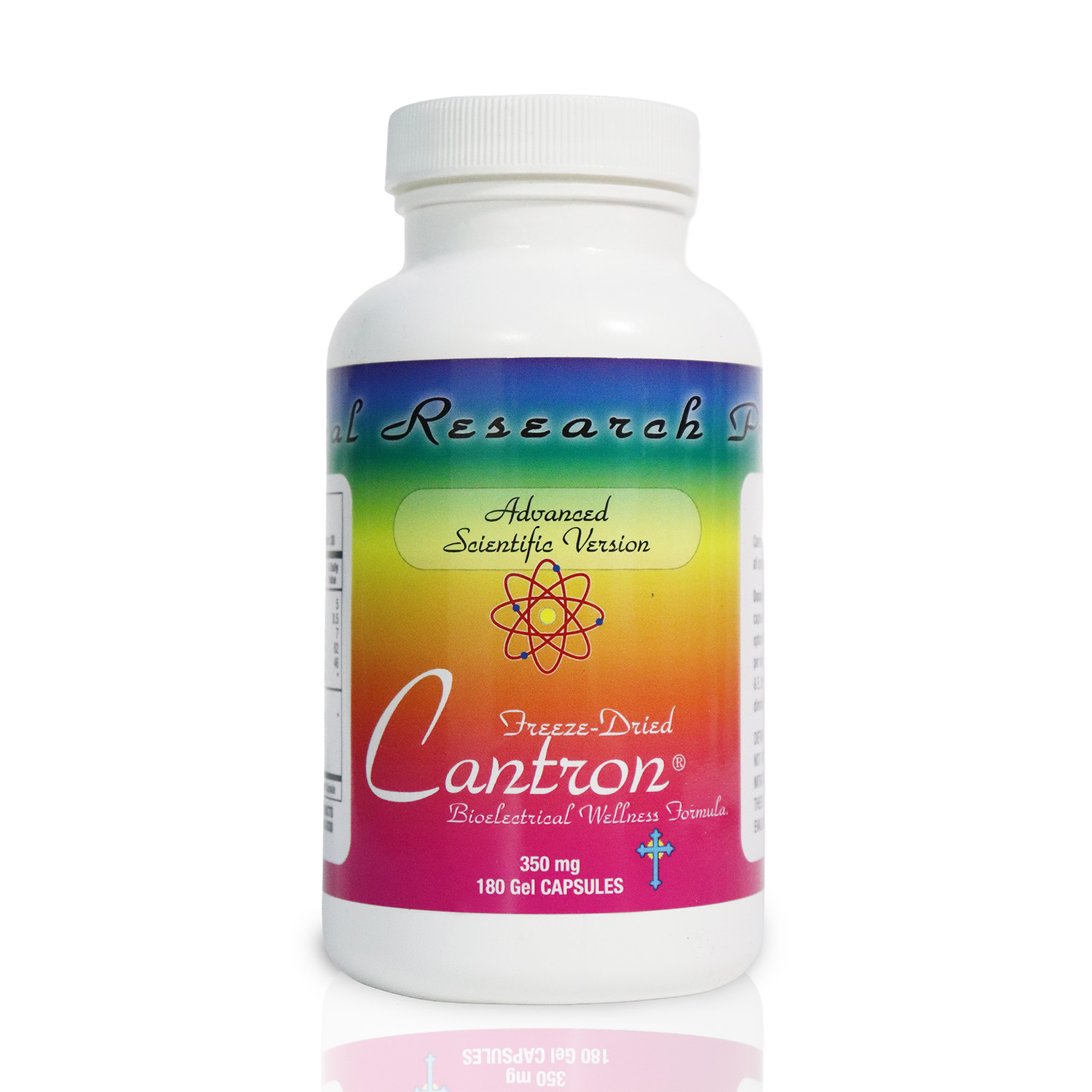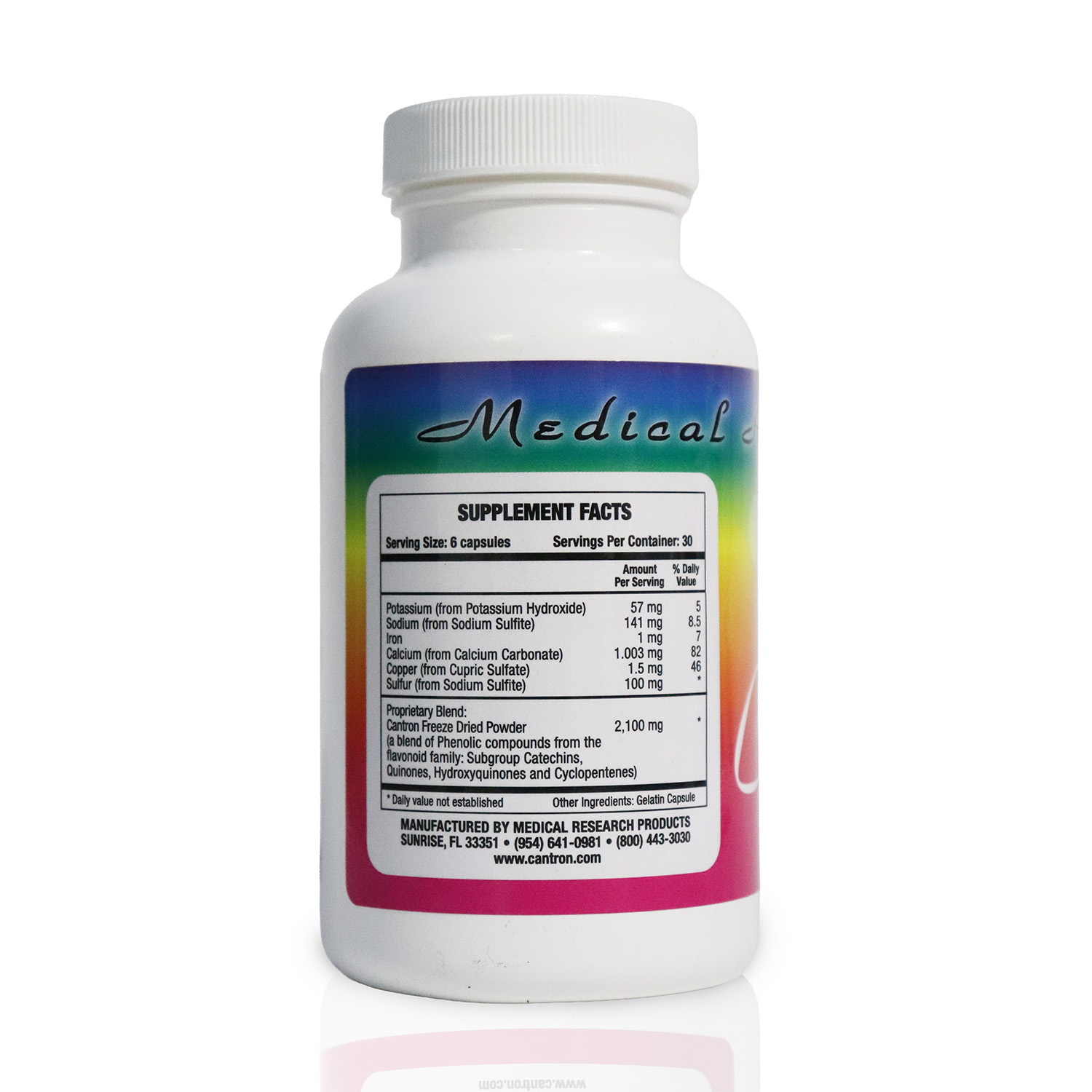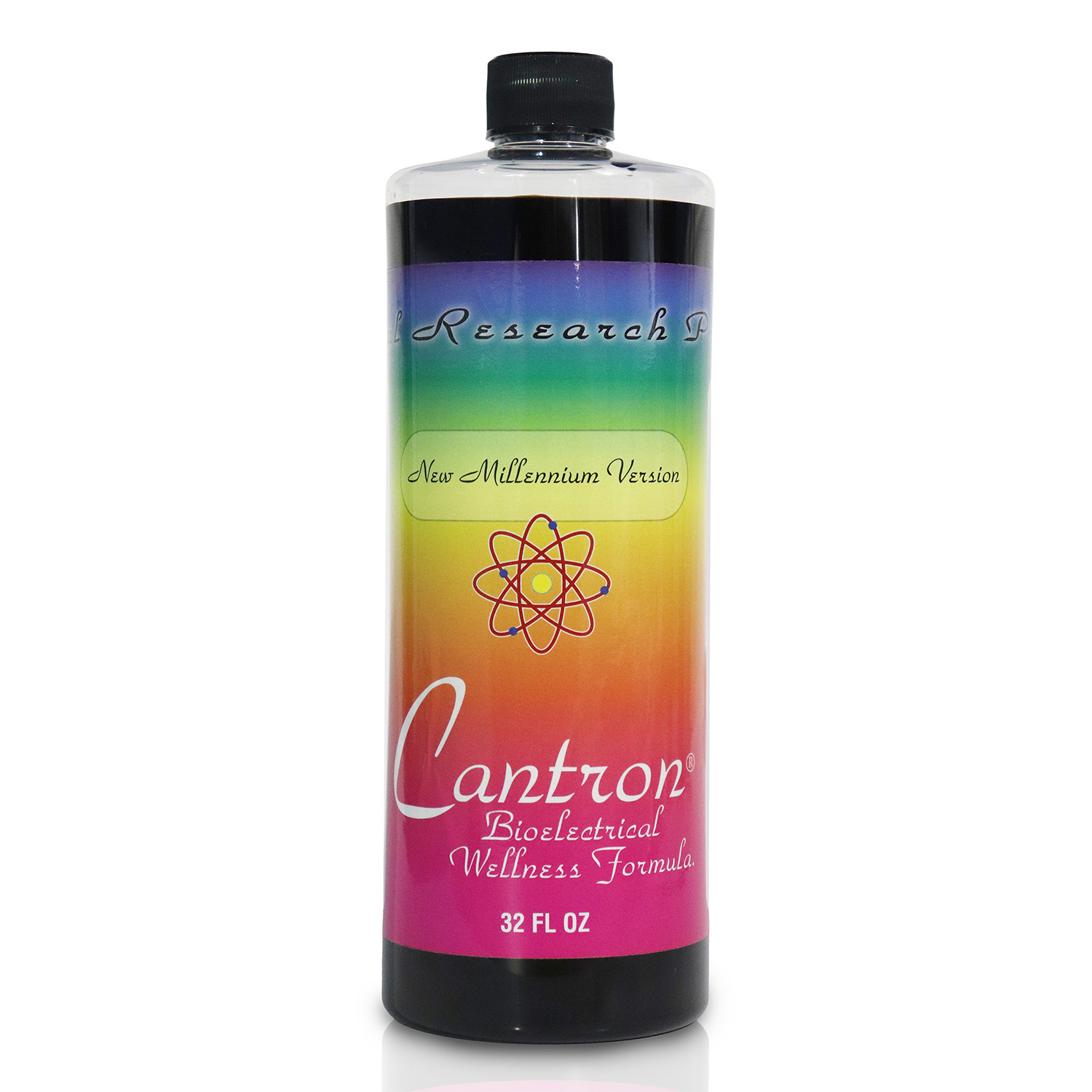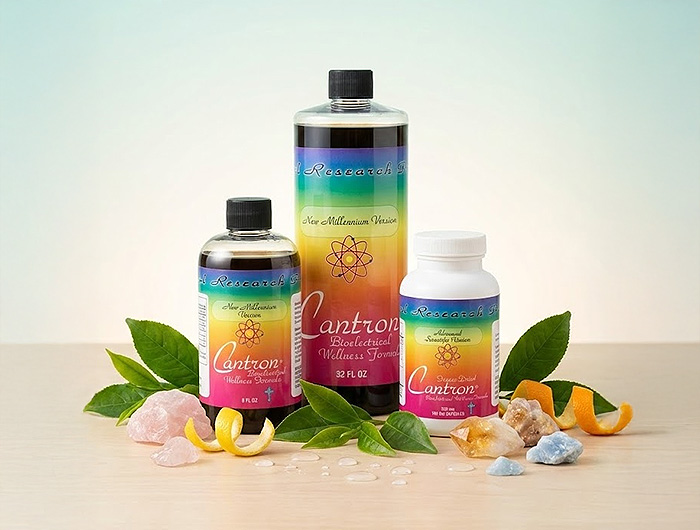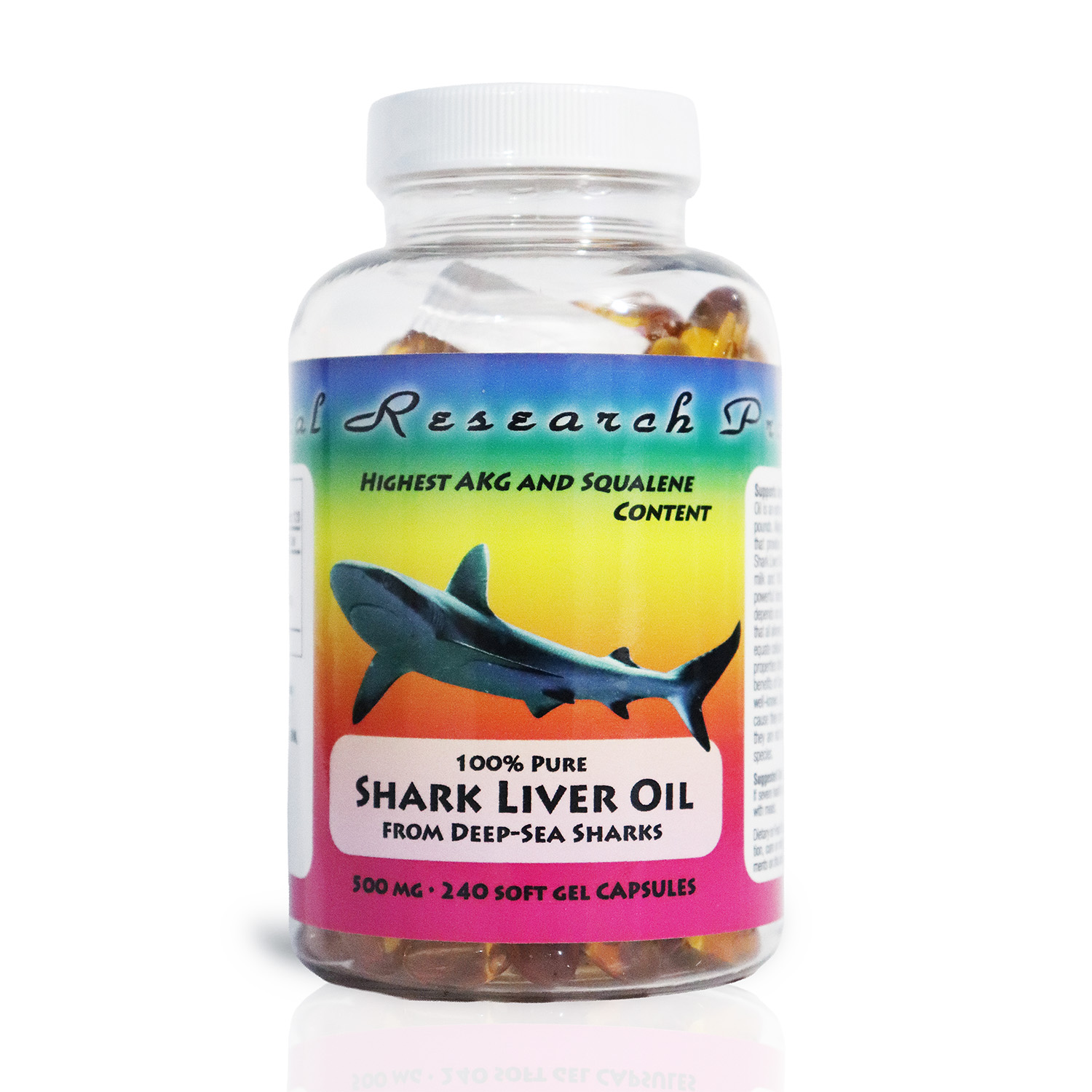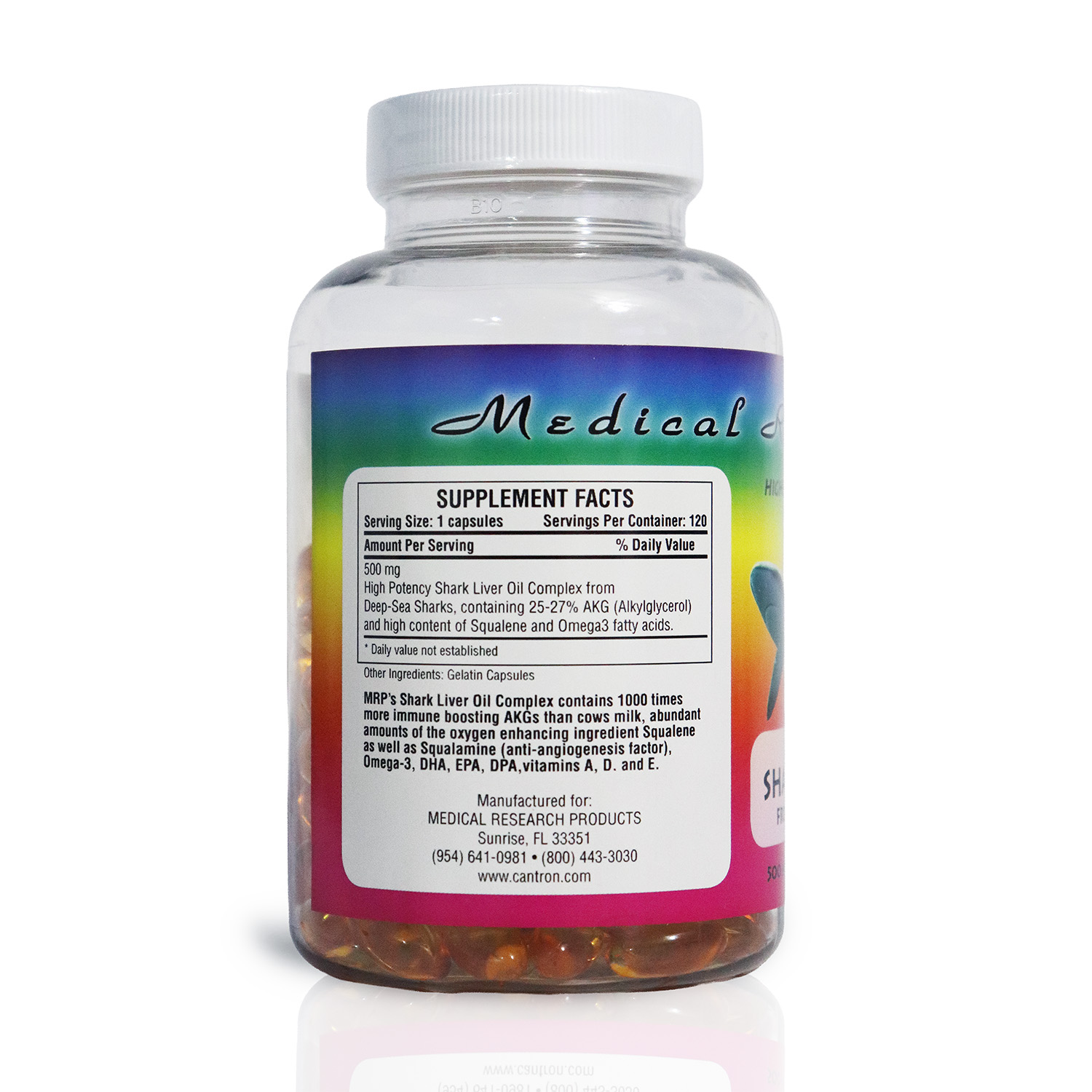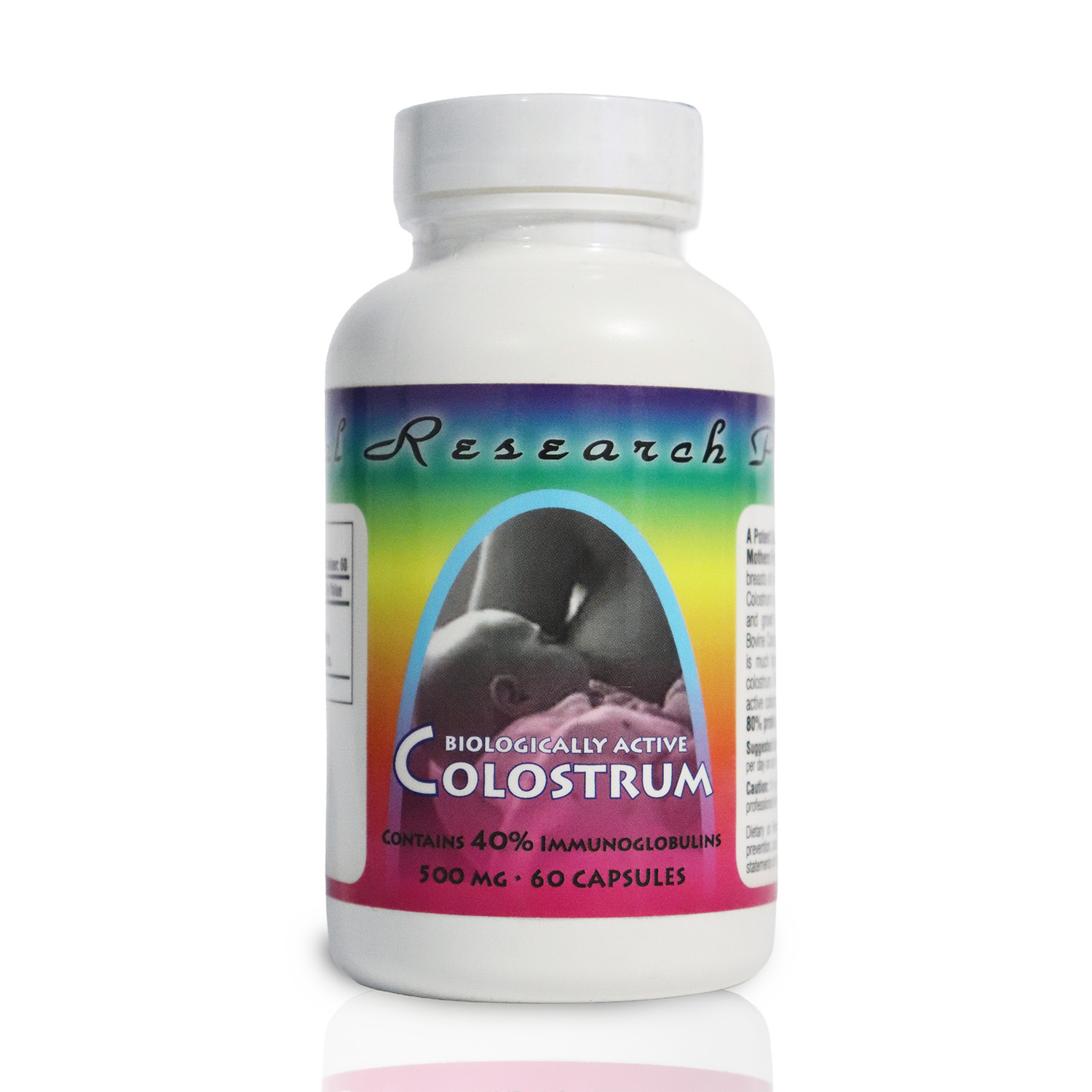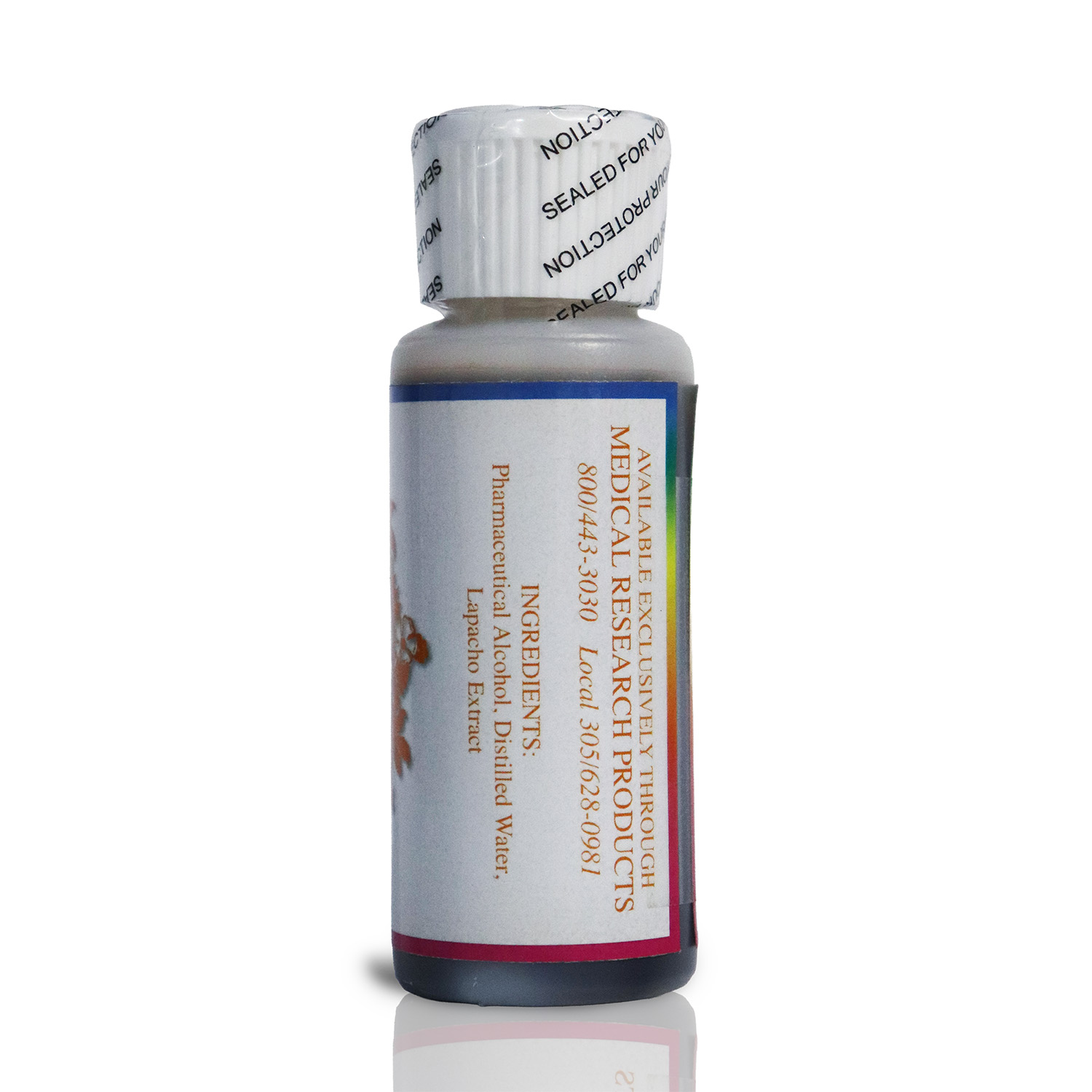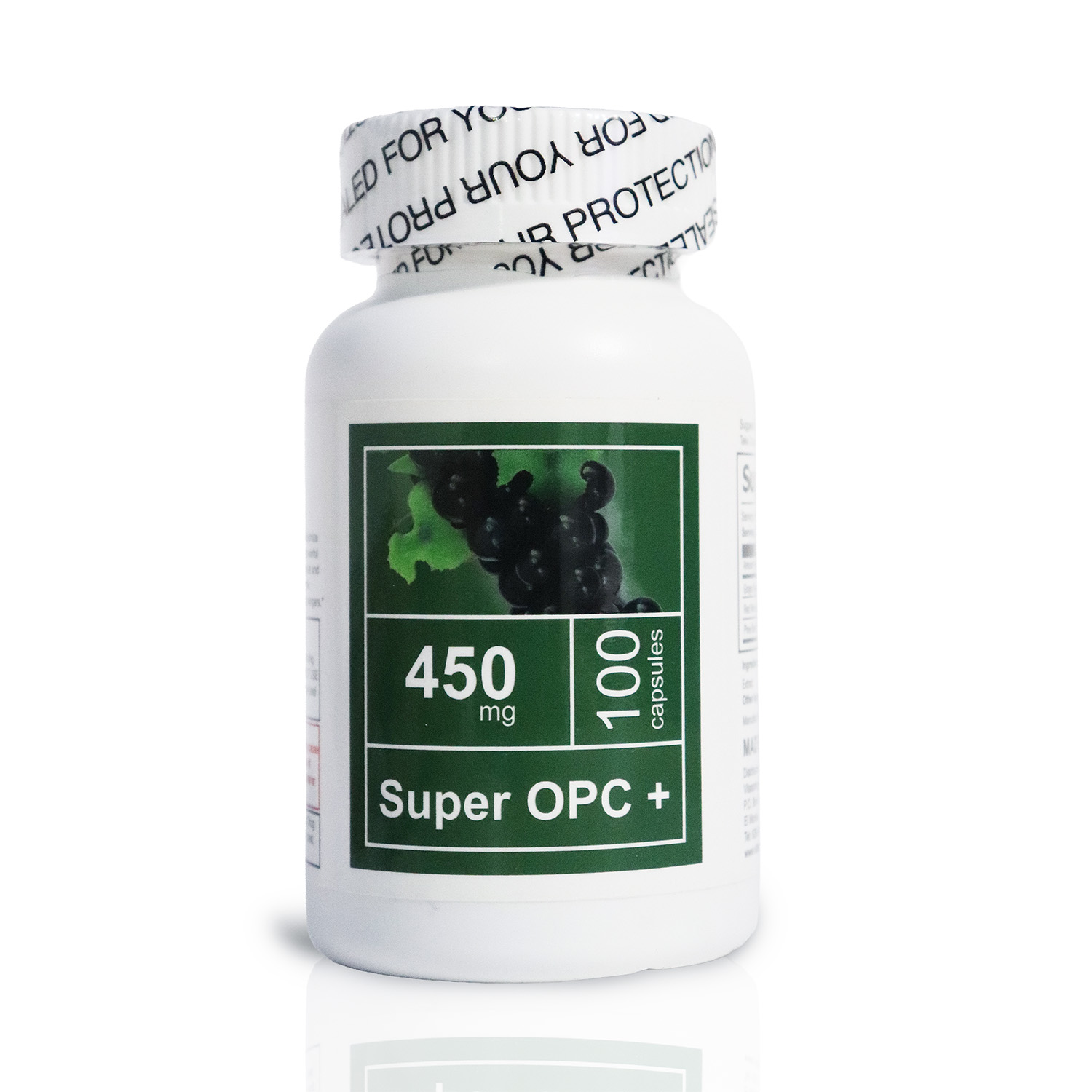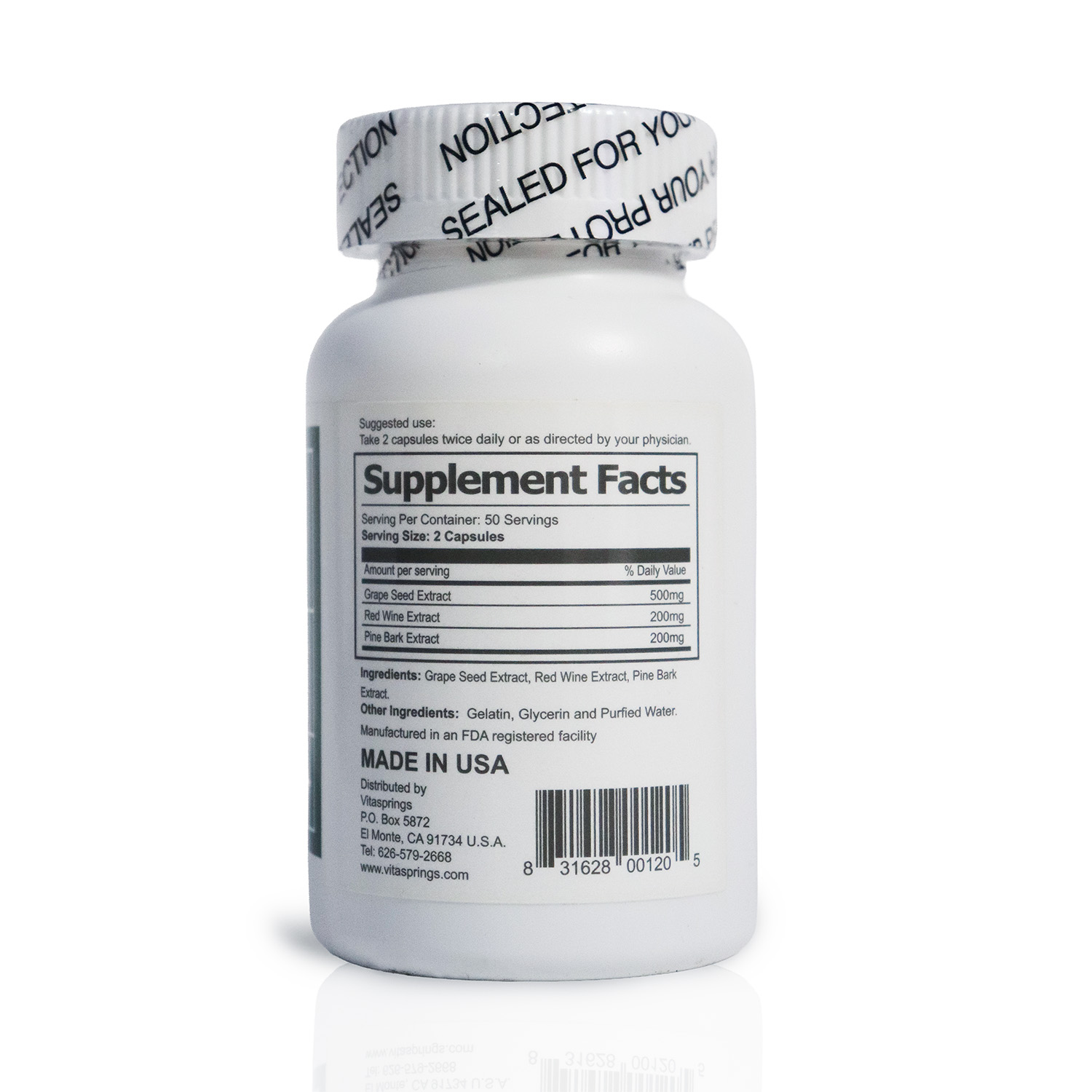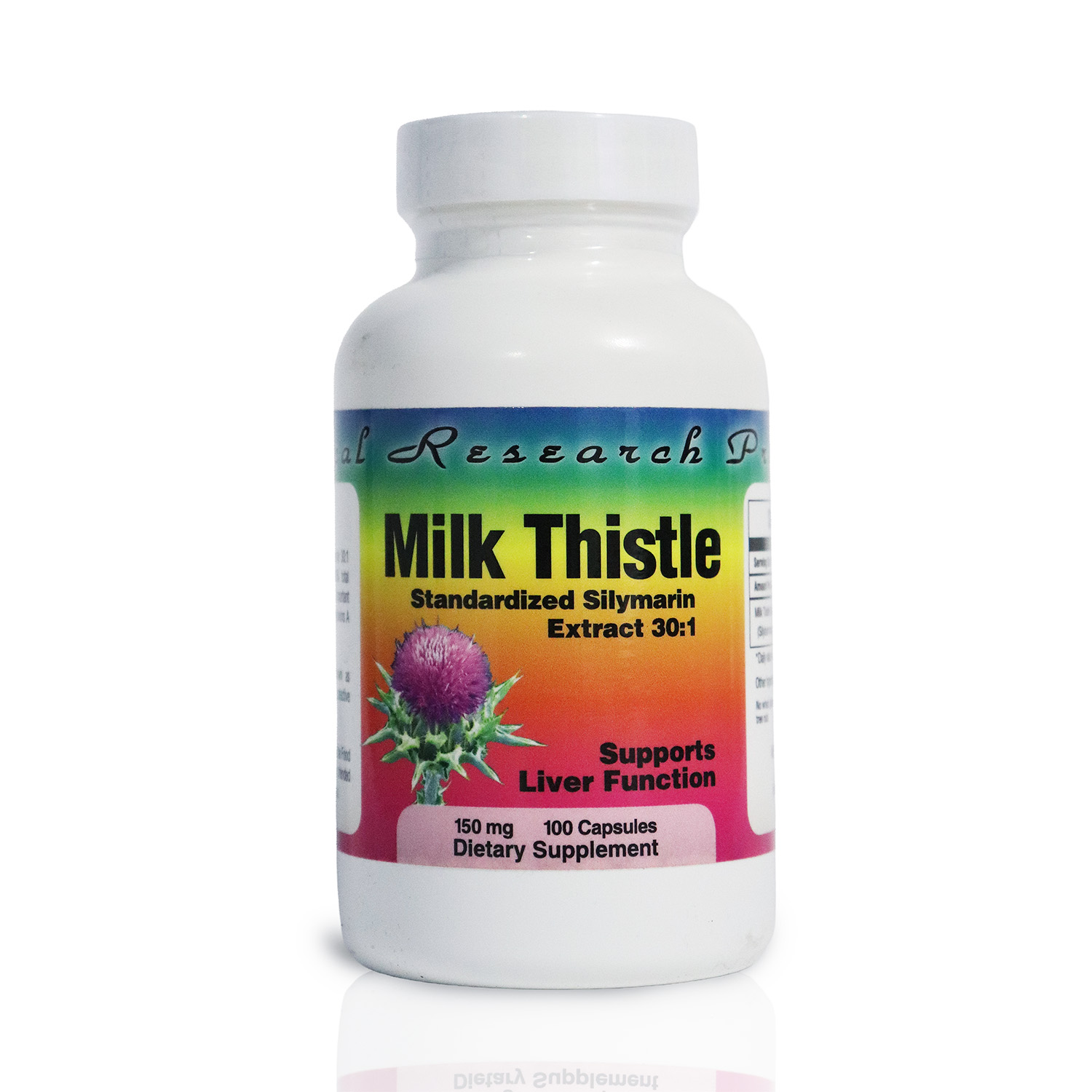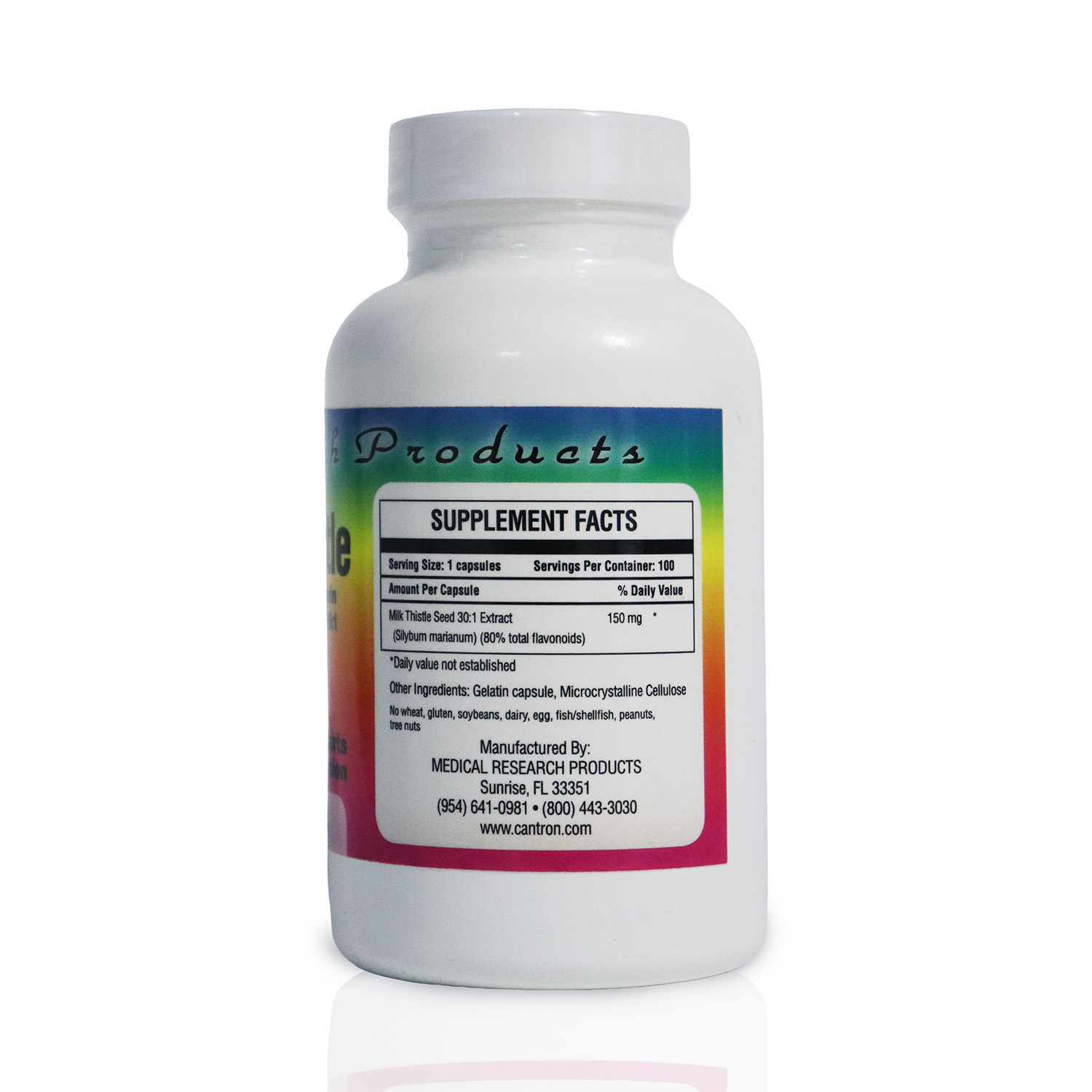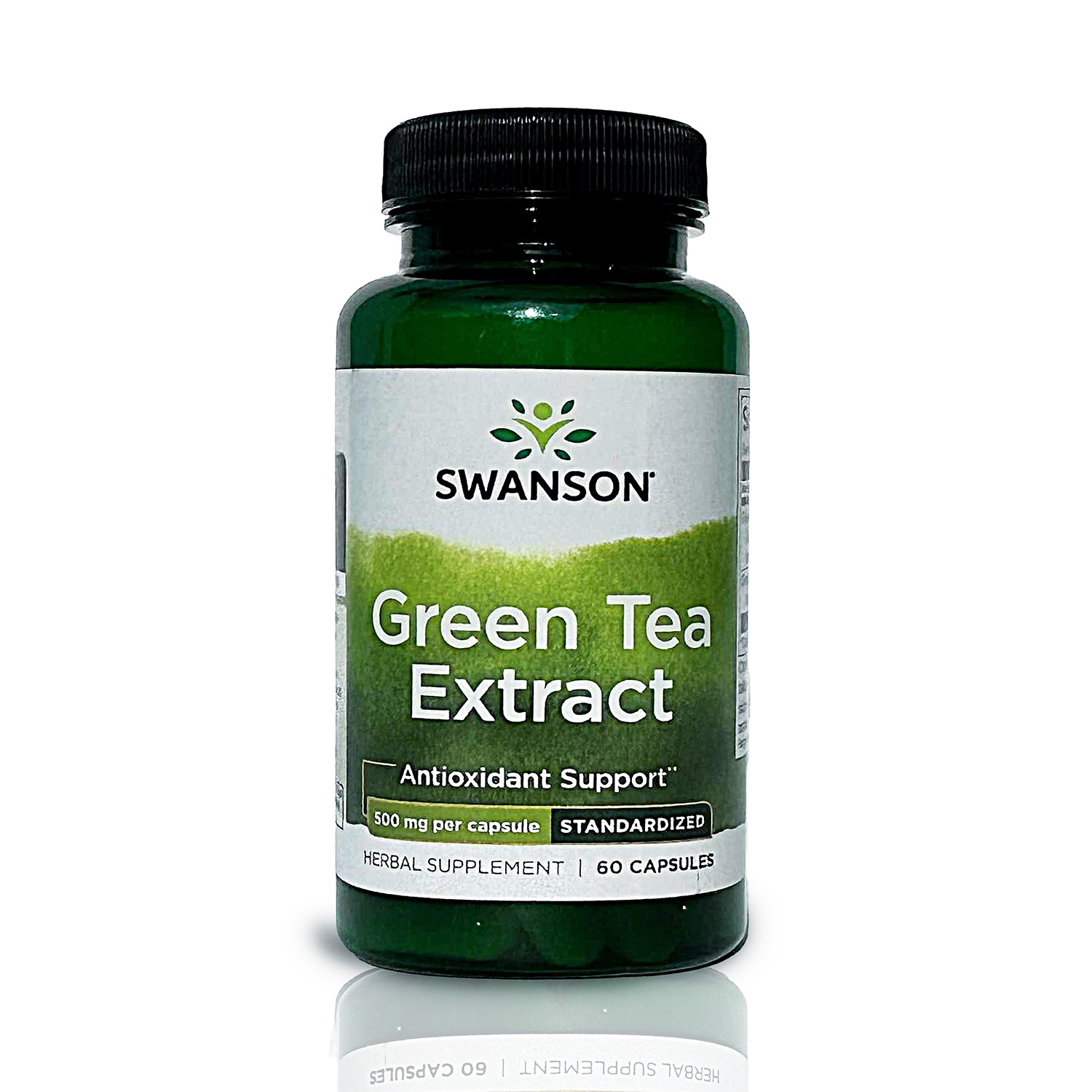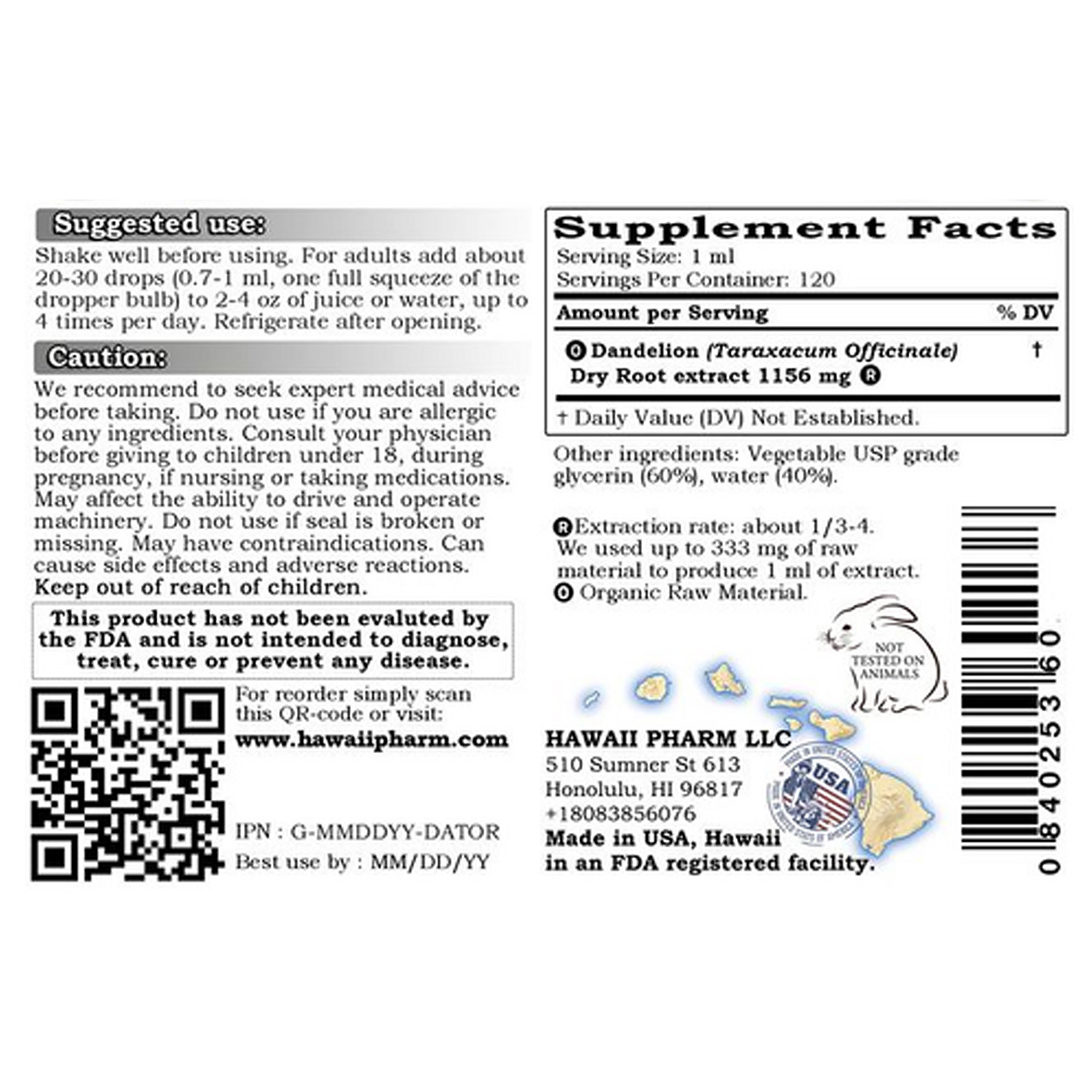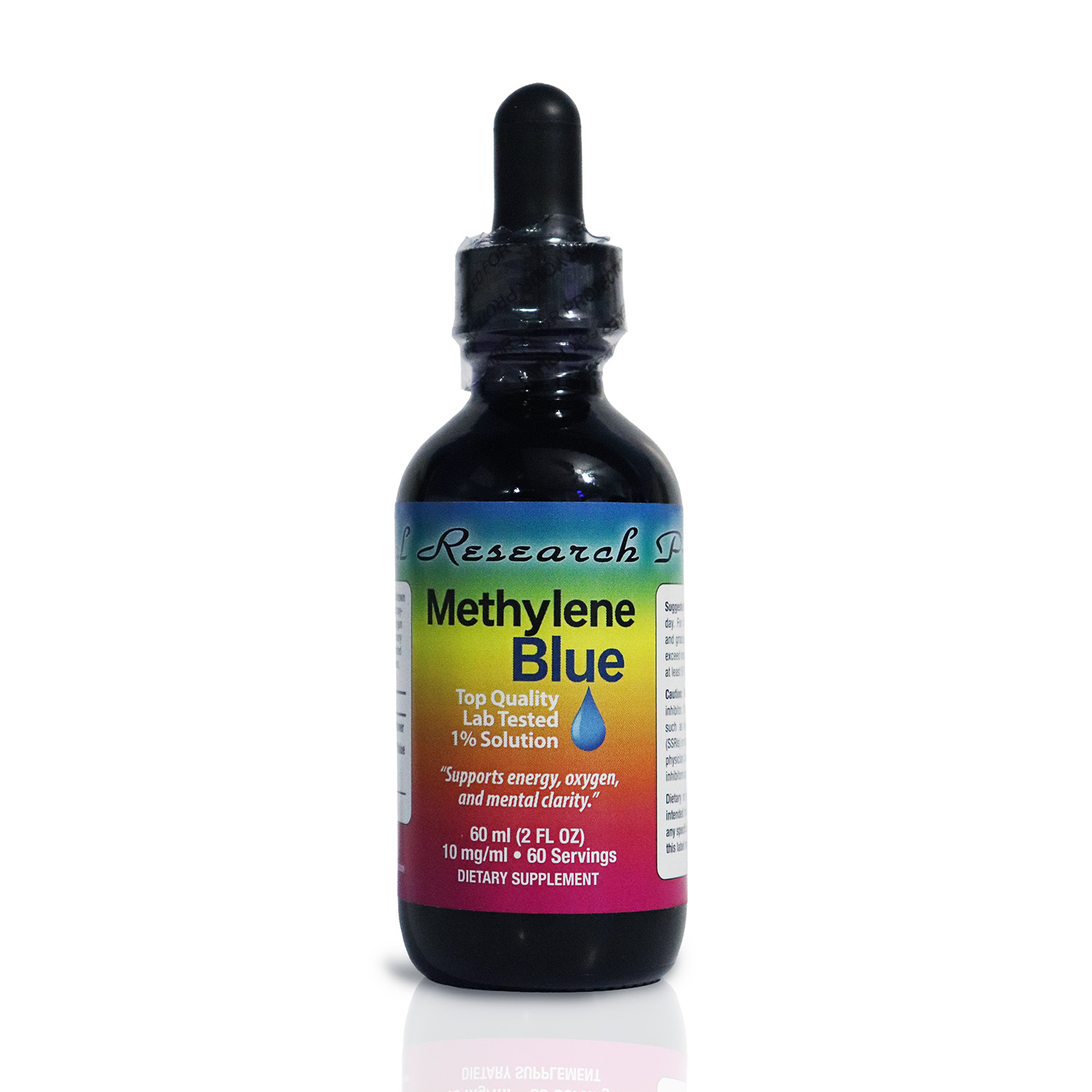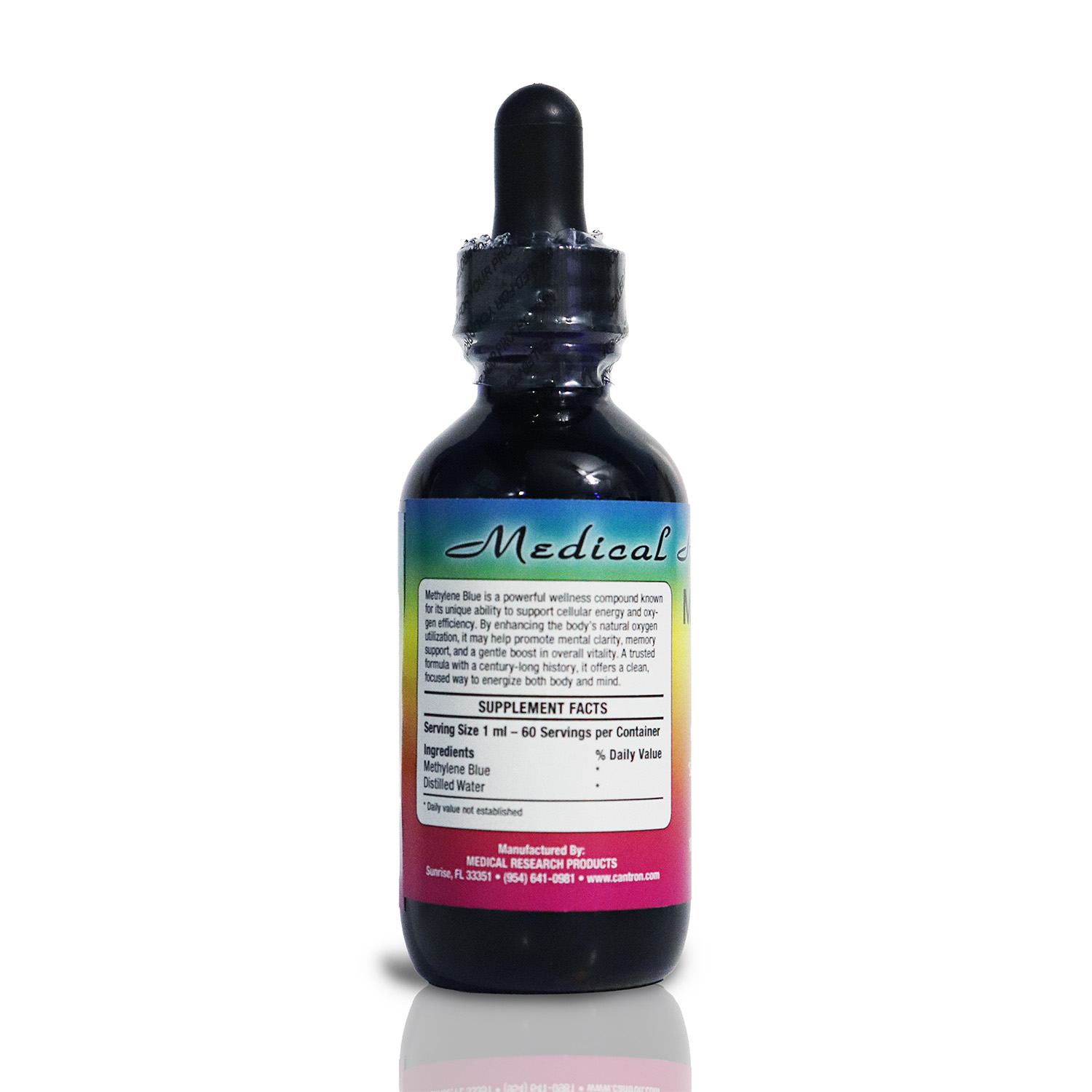Antioxidants
Showing 1–12 of 15 resultsSorted by popularity
Free radicals are unstable molecules that attack stable molecular structures. When chronic and in the absence of sufficient defenses, these attacks cause damage to healthy tissues, organs, cell membranes, blood vessels, proteins, fats, carbohydrates and even DNA strands within the cell. This resultant damage has a cumulative effect and can lead to many disease states. Degradation of DNA in cells caused by free radicals has serious biological consequences such as mutation, carcinogenic transformation, pathologies and cellular aging. Free radicals may lead to programmed cell death (apoptosis). Brunswick Biomedical Technologies Lab describes the effects of free radical damage accordingly: “Overall, free radicals have been implicated in the development of at least 50 diseases! A partial list includes arthritis and other inflammatory diseases, kidney disease, cataracts, inflammatory bowel disease, colitis, lung dysfunction, pancreatitis, skin lesions and aging to mention a few. Heart disease and cancer are two of the most widespread diseases associated with free radical damage. Literally, free radicals are the major factor of aging.”
The role of antioxidants is to interact with free radicals and “quench” them or render them harmless. Researchers believe that increased dietary intake of antioxidants can slow the process of free radical damage and associated disorders. By removing free radicals, antioxidants help to: protect against DNA damage in cells, protect cell membranes, protect against all forms of cancer, protect the brain against various forms of dementia, protect against the harmful cross-linking of proteins with sugars that cause cell damage and may help slow the aging process. Antioxidants have been shown to provide: blood vessel strength and protection, enhanced memory and learning function, healthy lung function, bone and joint flexibility.

